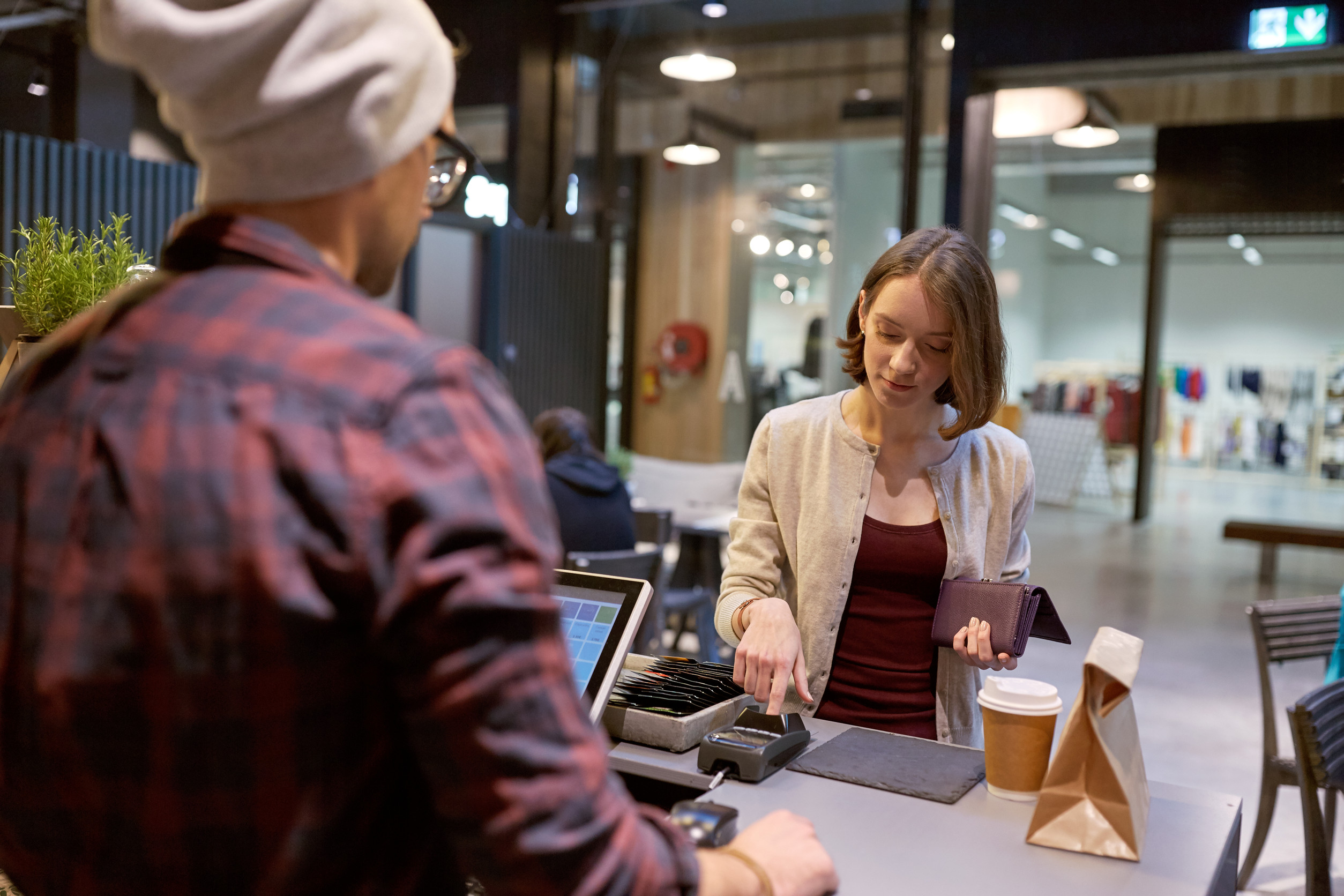
You know that moment—standing in line, grabbing a single candy bar, lip gloss, or cheap gadget you didn’t plan on buying. It feels like nothing. But those impulse buys are often signals of something deeper going on: stress. When you understand what your impulse purchases at checkout reveal about your stress levels, you gain a chance to break patterns that drain your wallet and your peace of mind. You might feel better when you catch yourself making an unplanned buy and then pause. Let’s dive into what recent research shows about impulse buying and how it reflects your emotional state.
Stress and Anxiety Tend to Fuel Impulse Buying
Multiple studies show that people under stress or feeling anxious are much more likely to make impulse buys. According to one study, high perceived stress correlates with more frequent impulse buying, because it temporarily eases negative emotions. When stress is chronic, these quick purchases can become habitual, a way to momentarily escape or soothe worries. The problem is, while the temporary mood boost might feel good, it doesn’t solve the underlying stress and often leads to regret. Recognizing this link is key to making more mindful choices at checkout.
Low Self-Esteem and Negative Mood Make You Vulnerable
Research finds that impulse buying is also higher among people with low self-esteem or persistent negative mood. When your emotional state is fragile, small treats at checkout can feel like “deserved rewards” or distractions. These impulse purchases serve as a bandage on the discomfort but usually don’t last. In fact, the financial stress created by overspending often feeds back into negative mood, creating a vicious cycle. Being aware of this pattern can help you pause before you reach for something just to feel better.
Time Pressure and Decision Fatigue Make Impulses Worse
Standing in a long checkout line, rushing, or being pressed for time can weaken self-control. Studies show that time pressure makes people focus more on immediate relief than long-term consequences. After a long day or after making lots of decisions, your mental resources wear down—psychologists call this decision fatigue. When that happens, seemingly small temptations become harder to resist. The checkout counter becomes a minefield for impulse buys when your brain is tired.
Uncertainty and Fear of Missing Out (FOMO) Add to the Urge
The combination of uncertainty and the sense that you might miss out on a deal or opportunity spikes stress—and triggers impulse buying. A 2025 review found that risk perception and anxiety during uncertain times (economically, socially, personally) increase impulsive purchases. For example, marketers exploit limited-time offers or “flash deals” that pressure you to buy now or lose out. When you’re stressed about future risks, those “good deal” prompts feel urgent. Recognizing FOMO as a trigger can help you question if you’re buying something because you want it—or because you fear regret later.
Poor Emotional Regulation Means Impulse Buys Become Routine
Some people have difficulty managing their emotional responses, which research shows contributes directly to impulse buying behavior. Rather than letting stress or negative mood pass, they turn to small rewards or distractions—checkout impulse purchases become a coping mechanism. Over time, this turns into a pattern that’s hard to break. Improving emotional regulation—through mindfulness, pauses, or other coping strategies—can reduce the urge to buy impulsively. Once you see impulse buys as signals, not just spending, you can start replacing the habit.
Reading Your Checkout Habits for a Healthier Wallet and Mindset
Impulse buys at checkout don’t just cost you money—they often reflect how much stress you’re carrying, how worn down your decision-making is, or how emotionally taxed you feel. Recognizing these signs can help you take control: maybe you slow down in line, maybe you shop with a snack so you’re not hungry, maybe you leave your card in the car or bring a list. Breaking cycles of stress-driven impulse buying starts with small moments of awareness. You don’t have to stop treating yourself—but treating yourself with intention is way more powerful.
You May Also Like
- Why Do Some Coupons Make Cashiers Roll Their Eyes at Checkout?
- The Viral Anti-Stress Drink Everyone’s Talking About—Does It Actually Help?
- 6 Items That Ring Up Wrong the Most Often at Self-Checkout
- What Your Cravings Reveal About Untreated Psychological Stress
- Are Self-Checkout Scanners Inflating Your Grocery Bill?
The post Here’s What Impulse Buys at Checkout Reveal About Your Stress Levels appeared first on Grocery Coupon Guide.







